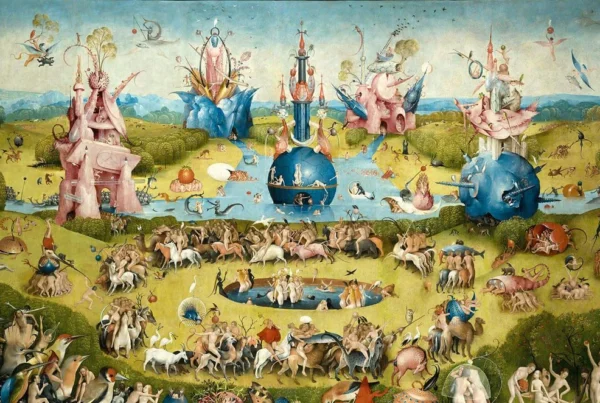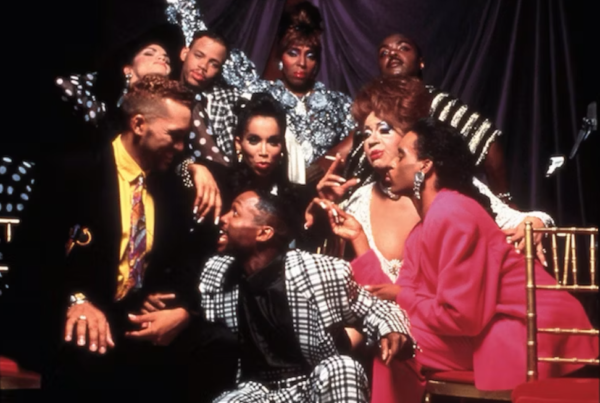Picture this: a world where every corner of the globe is just a swipe away, where once-distant land can be envisioned with just a scroll and tap.
In this digital age, the social media platform TikTok has made this picture a reality, unlocking boundless realms of exploration. With its bite-sized videos, travel influencers have transformed locations that were once easily disregarded into captivating elusive destinations that must be visited. From videos on hidden gems to iconic landmarks, TikTok has essentially begun to serve as a virtual passport, increasing access to otherwise sequestered locations. As the platform continues to evolve, its impact on the travel industry is undeniable. It has shaped how people plan their vacations and has inspired a new generation of travellers to expand their selection of travel destinations. According to research conducted by Adobe on Americans, two in five TikTok users treat the app as a search engine. Gone is the use of travel guides when searching for travel destinations. TikTok is slowly replacing it as the new search engine amongst travellers.
However, this accessibility comes with a set of challenges that cannot be ignored. Overtourism, a phenomenon exacerbated by TikTok’s influence, has led to overcrowding and strain on delicate ecosystems in popular destinations. The pristine beaches and serene landscapes showcased in viral TikTok videos, often bear little resemblance to the reality experienced by travelers on the ground. This resulting over-tourism raises questions about the sustainability of travel inspired by social media platforms like TikTok.
The curated and often artificial nature of TikTok content can sometimes present an unrealistic portrayal of travel experiences, setting unattainable expectations for travellers. For example, videos showcasing secluded landscapes tend to attract droves of tourists seeking the same idyllic escape. Yet, upon arrival, travellers often find themselves amidst a sea of selfie sticks, far removed from the tranquility depicted in the video. This stark contrast between perception and reality highlights the importance of informed travel.
To do so, it is important to go beyond the perfectly edited content we see on TikTok. Instead of relying solely on these curated snippets, we should also look for information from various sources—like travel guides, reputable travel blogs, and official tourism websites—to get a broader understanding of the destination. This way, we can manage our expectations by knowing that what we see online might not match reality. By focusing on informed travel, we can create a more memorable experience for ourselves.
This, however, doesn’t mean that we should never use TikTok as a guiding tool when planning our travels. TikTok can be beneficial when trying to find “hidden gems” and off-the-beaten-path routes that typically only locals or frequent travelers know. In my own travels, TikTok has served as a digital compass, guiding me to tucked-away cafes serving the best espresso in Rome (side note: I recommend Giufà Library Coffee if you are in Rome!), viewpoints offering unparalleled views of Florence’s landscape (shout out to Piazzale Michelangelo), and a hidden 50s-themed American diner in Florence where the servers are on rollerskates! These discoveries, unearthed through the lens of local TikTok users, have enriched my travel experiences immensely.
While TikTok has undoubtedly transformed how we explore the world, it’s crucial to use the platform thoughtfully. By balancing online inspiration with responsible and informed travel practices, we can appreciate new destinations without contributing to over-tourism or unrealistic expectations.
With that in mind, happy travelling this summer 🙂
Other posts that may interest you:
- The Trouble with ‘Ecocide’
- Carbon dioxide removal – hit or miss?
- Local Victories for Turkish Opposition — A Sign of Hope?
- Are France and Japan a Mismatch Made in Heaven?
- A Reflection on Dark Tourism
Discover more from The Sundial Press
Subscribe to get the latest posts sent to your email.





